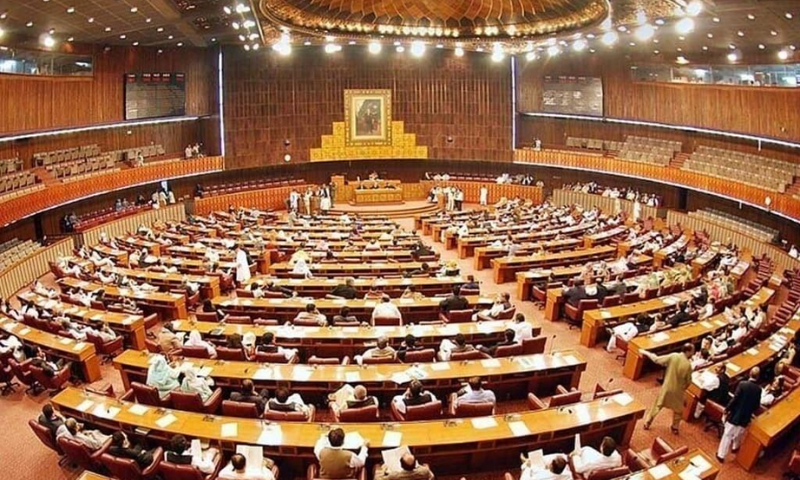Caretaker Govt System
The Pakistan Institute of Development Economics (PIDE) has put forth a comprehensive set of recommendations, outlined in their report titled ‘Reform Agenda,’ aimed at enhancing the efficiency and transparency of the electoral process in the country.
These proposed reforms cover various aspects, including the constitutional term of the elected government, election commission empowerment, candidate eligibility, cabinet size, government officials’ management, political party regulations, and parliamentary participation.
Key proposals include a reduction of the constitutional term of an elected government from five to four years, the abolition of the interim government system, and the establishment of an independent and autonomous Election Commission of Pakistan with enhanced powers. The suggestion to prohibit a single candidate from contesting elections for more than one seat aims at fostering fair representation.
Additionally, the report advocates for the inclusion of overseas Pakistanis in reserved seats in both the National and provincial assemblies. To curb excessive campaign expenses, the proposal calls for a ban on election campaign expenses and emphasizes the need for regular elections for every parliamentary seat. Introducing electronic voting machines or online voting is also recommended to modernize the election process.
Regarding the size of the federal cabinet, PIDE suggests limiting it to eight to ten ministers, with an overall cap of 25 including the prime minister’s special assistants. The promotion and incentives for government officials should be tied to performance, and recruitment on a contractual basis is favored over permanent positions.
The report underscores the importance of political stability, modern public administration, and social infrastructure for the overall development of the country. It proposes measures to ensure transparency within political parties, including a minimum requirement of 50,000 registered voters for new party registration, intra-party elections every three years, and a fair distribution of party tickets based on mutual decision, gender, and minority representation.
Addressing parliamentary participation, the report recommends ensuring lawmakers’ attendance and active engagement in debates. It suggests defining clear conditions for the election process, such as a minimum number of voters, turnout, and vote conditions. Separating the roles of the parliament and the executive is also advocated.
In analyzing the attendance of former prime ministers in the National Assembly, the report reveals Yousuf Raza Gilani with the highest attendance at 76%, followed by Raja Pervaiz Ashraf, Shahid Khaqan Abbasi, Shehbaz Sharif, and Nawaz Sharif.
The report concludes with a critical look at National Assembly expenditures, revealing the high cost per seat and the limited working hours of the 15th National Assembly. The per-hour cost highlights the need for a more efficient and productive legislative process. Overall, the proposed reforms aim to foster a more accountable, transparent, and responsive electoral and governance system in Pakistan.










